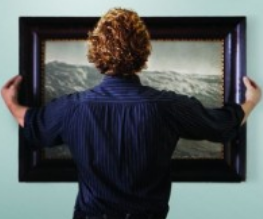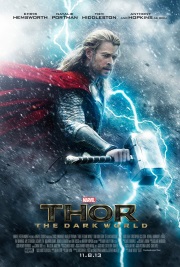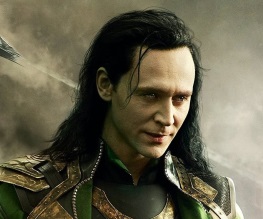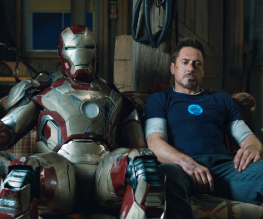Archipelago

Family gatherings are a quiet hell for many of us, but for film-makers seeking to examine human dysfuntion at its most up close and personal they’re the perfect battle ground. Hollywood has a long standing habit of throwing characters together to duke it out; usually during Christmas or Thanksgiving. Skeletons will spring from the closet as old wounds are re-opened and simmering tensions spill over. By holidays end, however, important lessons will have been learned. Because, hey, you’re family, and you love each really! Even that insurance salesman your sister married.
In many ways it’s the familiarity of this dramatic scenario that makes Joanna Hogg’s Archipelago all the more astounding. This is cinema as work of art. Like a great painting, the more you look the more you see, and the more you see, the more an emotional response is generated. Not exactly Home for the Holidays then. Here the family gathering is thrown in honour of Edward (Tom Hiddleston), a young man in the midst of an existential crisis. He’s given up his job in the City in order to travel to Africa and take a hands on role tackling the Aids epidemic. His mother Patricia (Kate Fahey) and sister Cynthia (Lydia Leonard) have organised the farewell event at a cottage in the Scilly Isles, a remote location where the family have holidayed in the past. Indeed, Edward has to be choppered in, creating a sense that this is one family occasion there will be no escaping.

From the moment Edward arrives it’s clear that all is not well. The atmosphere is strained, acrimonious, but other than Cynthia’s anger over Edward’s decision to chuck in his job, any explanation as to why is not forthcoming. Indeed, much of the film’s quiet power comes from a refusal to view the emotional lives of these characters in black and white. There are no easy answers to explain away a pervading sense of closeted unhappiness, and as a result the players emerge as complex, utterly believeable human beings, their problems as real as yours or mine. No mean feat when you consider they’ve got a personal chef catering to their every culinary whim.
These psychological shades of grey are reflected in the interiors. The cottage is lit only by natural light, often shining in from outside, turning the family into shadowy figures, moving tentatively around one another as they maintain a facade of domestic normality. At least one potential root cause for all the underlying strife is the absentee father: he exists unheard on the end of a series of one-sided phone-calls, but his overbearing presence is always felt, particularly by Edward. At moments the piece almost becomes a comedy of manners, particularly during a couple of excrutiating dinner scenes. Every exchange has a faltering, tentative feel more associated with everyday life than cinema, and when the inevitable silence descends it is positively booming.
Outside the landscape is shot with brilliant clarity. As an artist, Christopher (played by real life artist and non-actor Christopher Baker) teaches Patricia to paint, he also becomes a father figure to the increasingly lost Edward, offering non-specific advice that the younger man never the less finds comforting. In many ways Christopher is teaching all of them to look at life as something that can be captured and claimed, but, again, there are no easy solutions, no pat resolutions. By the denouncement nothing is resolved, but there’s plenty to ponder, and even more to admire. The work of an important new British film-maker, for one.






Recent Comments